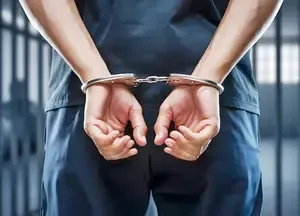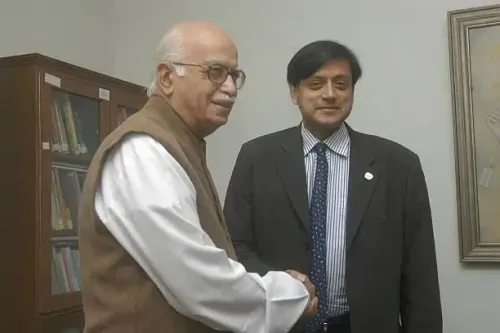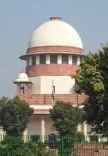Will the Supreme Court Hear MP Amritpal Singh's Plea Against NSA Detention?

Synopsis
Key Takeaways
- Amritpal Singh challenges his detention under the NSA.
- The case highlights the tension between national security and individual rights.
- Public opinion is divided regarding the government's actions.
- The outcome could influence future applications of the NSA.
- Legal precedents are crucial for democracy.
New Delhi, Nov 9 (NationPress) The Supreme Court is set to hear a petition on Monday from Amritpal Singh, MP for Khadoor Sahib in Punjab, contesting his ongoing detention under the National Security Act (NSA), while he is currently held in the high-security Dibrugarh Central Jail in Assam.
As per the causelist available on the Supreme Court's official website, a Bench comprising Justices Aravind Kumar and N.V. Anjaria will address the issue on November 10. The petition claims that preventing an elected Member of Parliament from executing his constitutional responsibilities infringes upon his fundamental rights and those of his constituents.
Amritpal Singh, leader of the ‘Waris Punjab De’ organization, was apprehended on March 18, 2023, during a major crackdown and subsequently placed in Dibrugarh jail under the provisions of the NSA.
Notably, despite his incarceration, the 31-year-old Sikh activist secured the Khadoor Sahib Lok Sabha seat as an Independent candidate, winning by a significant margin of 197,120 votes against Congress candidate Kulbir Singh Zira. He was briefly allowed a four-day parole to take his oath in the Lok Sabha, a decision facilitated after the National Investigation Agency (NIA) raised no objections.
This case has drawn parallels to other detained leaders who were allowed to take their oaths, such as Engineer Rashid from Jammu and Kashmir.
The detention of Amritpal Singh and nine of his associates under the NSA has attracted considerable scrutiny, particularly following the arrest of the jail Superintendent, Nipen Das, under the Unlawful Activities (Prevention) Act and the Assam Prisons Act for allegedly smuggling unauthorized devices into the prison.
According to Assam Police, these devices provided Amritpal with Internet access, allowing him to extend his influence while imprisoned. The Superintendent of Police in Dibrugarh noted that the jail manual has specific protocols for NSA detainees, which the jail Superintendent disregarded by facilitating access to gadgets for Amritpal Singh and other inmates.








